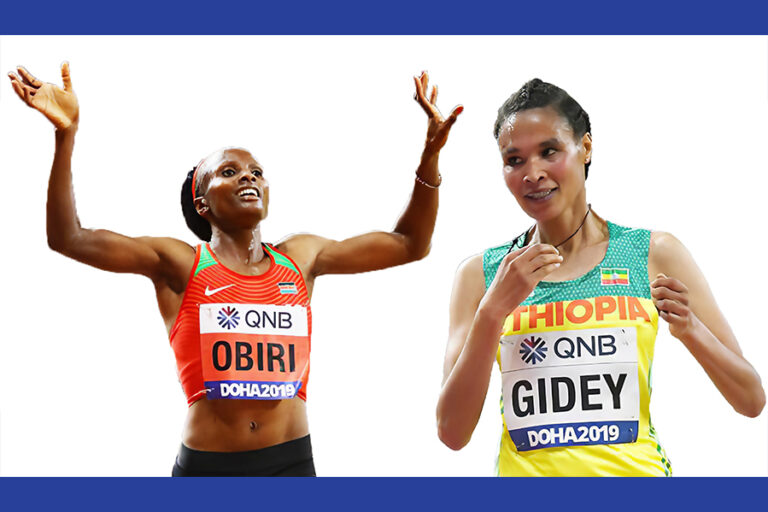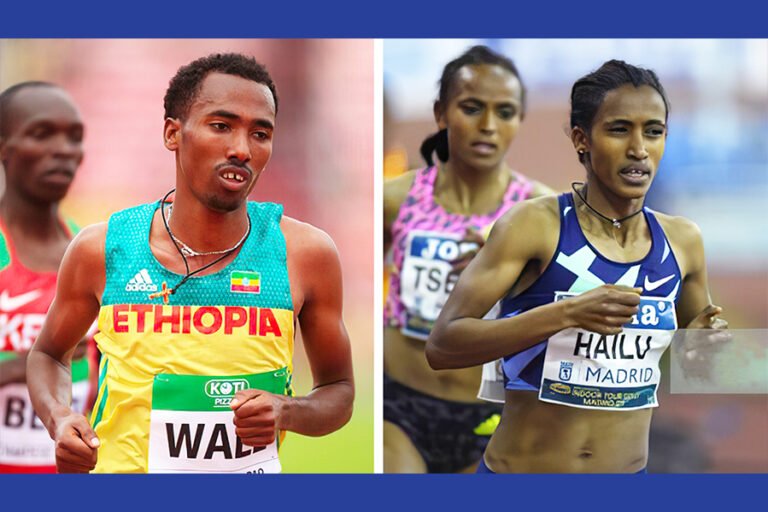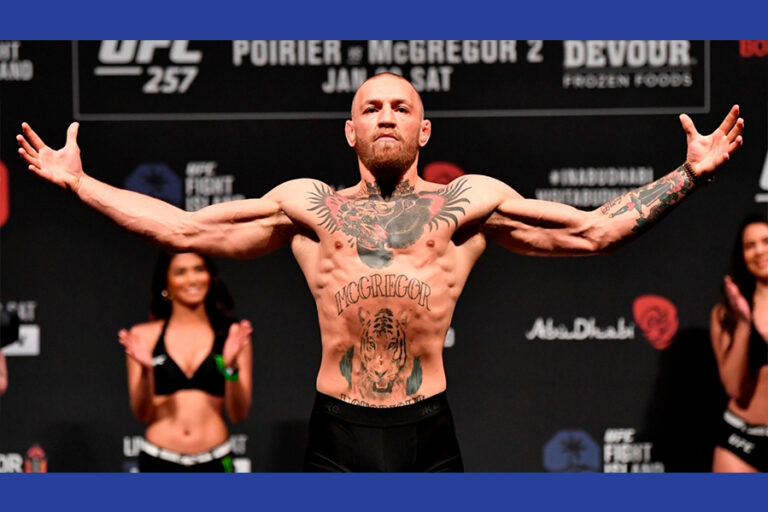World 5,000m record holder Letesenbet Gidey of Ethiopia will face off with two-time world 5000m champion Helen Obiri over 3,000m at the Doha Diamond League slated for next Friday May 28.
It will be the first clash between the pair since Obiri defeated Letesenbet over 5,000m at the 2020 Monaco Diamond League.
Obiri, the world cross-country champion set a Kenyan 3,000m record of 8:20.68 in Doha in 2014, and also won over the same distance at the Doha Diamond League in 2019 and 2020.
Gidey smashed the world 5,000m record in Valencia last year, clocking 14:06.62 and although Obiri leads their career head-to-head record at 9-5, Gidey has finished ahead of Obiri twice in Doha: at the 2018 Diamond League meeting and at the 2019 World Championships over 10,000m.
It will be the first track appearance this season for Obiri who made her debut over half marathon last month in Istanbul.
Obiri, who is aiming for her maiden Olympic gold medal said she is using the series in her preparations for the Summer Games.
Similarly, Gidey who will be making her first appearance since smashing the world record said she is also seeking to build momentum ahead of the Olympics.
It is recalled that the 22 year-old Letesenbet easily beat the previous record held by compatriot Trunesh Dibaba in Oslo in 2018. The Doha meeting is the second leg of the 2021 Diamond League season which is set to kick off on May 23 in Gateshead, England.
Much awaited Doha face-off between Letesenbet and Obri on Friday
Why did record champions St George leave in such a miserable situation?
With the Premier League title already decided and the runner-up spot out of hand, record champions St George has gone home bare handed for unprecedented consecutive four years.
Having the best talents of the country’s football along with foreign players and all under foreign coaches, the club much anticipated to lead the way to other clubs is currently in a sorry situation with its popularity diminishing by the days.
According to a significant number of the club’s supporters the major problem of finishing far from champions Fasil Ketema is the appointment of the South African Coach Mahir Davis who never had a head coach experience at any club let alone the like of the giant St George. In great difficulties managing the changing room as well selecting best eleven from among the big name players, Mahir left the side in such a shabby situation only to be replaced by nothing- to- deliver a big name Coach from Scotland.
“What is the logic behind a foreign coach while teams under Ethiopian Coaches dominated championship titles since the past four years?” asked critics. Even the arrival of Scottish Coach Frank Nuttell (although late in to the season) just two wins in seven matches brought nothing new in terms of result. Failure to manage the big name players and signing foreign players never better than the home grown players is what made St George to such debacle.” The critics suggested.
Others point fingers towards the three officials at the club who had been there for years. I wonder what the club’s general secretary Neway Beyene, the club manager Solomon Bekele and Team leader Tafese Bekele are doing there all these years? One can understand Abenet’s presence for he is the most important person behind St George. But these three individuals should leave their place in order to bring an overhaul change at the club.” A veteran supporter remarked. “I believe they are there only for personal benefits and as far as they are there nothing better could come to the club” He added.
Taking all the above mentioned arguments in to consideration, the suspension of the four senior players is a simple act of shifting accountability far from the chronic problem of the club that is the management. The club’s current season poor performance is the result of lack of capable Coach and for this the club management should be accountable.
In the meantime insiders disclosed that no one of the players complained or gave any interviews for they already knew the suspension is to be lifted before the start of the coming new season.
Getenet and Freweyni dominate Ostrava athletics tour
Getenet Wale coasted to victory in the men’s 3000m steeplechase running all alone for the latter half of the race and winning by 11 seconds. His compatriot Ethiopian Freweyni Hailu was a class apart in the women’s 1500m, clocking 4:04.20 to win from Slovenia’s Marusa Mismas-Zrimsek.
Though pre race hot favorite Ethiopian Genezebe Dibaba take the lead from start through 800 in 2:11 and the field remained close until the final lap. But once the bell gone, Genezebe surrendered the lead to her compatriot Hirut Meshesha. When things appeared to go Hirut’s way little known Freweini burst from behind to go all the way to the finishing line.
Freweyni Hailu pulled away to win comfortably in the end in 4:04.20, taking almost two seconds off her 4:05.91 pb from last year and hitting the Olympic standard on the nose. Dibaba, meanwhile, totally ran out of gas after she was passed and wound up dropping out of the race on the final lap.
As the only man in the field to have run faster than 8:12, 2019 Diamond League champ Getnet Wale of Ethiopia (8:05 pb), who ran 7:24 for the flat 3k indoors, was the heavy favorite and backed up that status, getting out to an early lead and running most of the race on his own to win in a world-leading 8:09.47.
The real drama came behind him, as four Europeans Great Britain’s Phil Norman (8:20.12), Italy’s Osama Zoghlami (8:20.29), Spain’s Daniel Arce (8:21.53), and Italy’s Ahmed Abdelwahed (8:21.54) were all able to hit the 8:22.00 Olympic standard. It was particularly important for Norman and Abdelwahed, neither of whom had the standard going in.
2021 World’s 10 highest paid sports personalities
The brash mixed martial arts star McGregor collected a total of $180 million over the last 12 months; most of that comes from his recent sale of his majority stake in whiskey brand Proper No. Twelve to Proximo Spirits for $150 million. It’s the 32-year-old’s first time at No. 1 and his second appearance in the top ten (he landed at No. 4 with $99 million in 2018 after the fight against Mayweather). McGregor clearly wants to put his money to work even beyond booze: He has floated the far-fetched notion of buying Manchester United, the Premier League’s most valuable team in recent times.
Adding in his endorsements, McGregor made $158 million outside of his fighting career over the last 12 months, becoming only the third athlete, after Roger Federer and Tiger Woods, to earn more than $70 million off the field in a single year while still actively competing.
Messi, whose off-the-pitch drama with FC Barcelona last summer followed by media reports of the club’s dire financial state and the revelation that his contract was worth $674 million, sets a record for soccer players with his 2021 total of $130 million. Prescott, with $107.5 million, breaks the record for NFL players thanks to a $66 million signing bonus from the Dallas Cowboys. The four on this year’s list join only five other athletes—Federer, Mayweather, Neymar, Manny Pacquiao and Woods—to have made more than $100 million in a single year.






